
Japanese leader's China-bashing aims to 'seek support from US'
Beijing on Friday criticized hostile comments regarding China made by Japanese Prime Minister Shinzo Abe during his visit to Washington.
Abe, who was due to hold talks with US President Barack Obama that were expected to focus on a closer alliance, told the Washington Post that China has a "deeply ingrained" need to spar with Japan and other Asian neighbors over territory.
The remarks, published on Thursday, provoked a strong protest from Beijing.
Abe is keen to attract more attention from Washington by criticizing Beijing, observers said.
Foreign Ministry spokesman Hong Lei told a news conference later on Friday that Japan intends to play up the "China threat", mislead world opinion, purposely create regional tensions and has ulterior motives.
Lu Yaodong, director of the department of Japanese diplomacy of the Institute of Japanese Studies at the Chinese Academy of Social Sciences, said Tokyo has been "shifting blame to China" and has alleged China was the troublemaker for regional security issues.
Abe's remarks came in an attempt to attract more attention from Washington, but "in fact it was Japan who played a role in stirring up the situation in Northeast Asia", Lu said.
Beijing urged Japan to take a correct view of China and its development and pursue a "positive policy" with China, according to Hong.
Abe has repeatedly emphasized that the relationship with China remains one of the most important for Japan, and that Tokyo will push forward strategic and mutually beneficial relations through an overall perspective, Suga said.
China-Japan ties were deadlocked after the Japanese government in September illegally "purchased" part of the Diaoyu Islands in the East China Sea. Beijing has since beefed up regular patrols in the waters off the islands.
Hiromasa Yonekura, chairman of the Japan Business Federation and an influential industry figure, started a three-day visit to China on Friday, seeking a breakthrough for strained China-Japan ties, Japan's Kyodo News Agency reported.
Jiang Xinfeng, an expert on Japanese studies at the PLA Academy of Military Sciences, said Japan has been seeking dual policies toward China, and in light of its friendly posture Japan has persistently escalated confrontations against China regarding the Diaoyu Islands.
"Japan has ramped up reconnaissance of the relevant waters and airspace, and has scrambled F-15 fighter jets to follow the China Marine Surveillance aircraft," Jiang said.
Tension further flared after Japan spread accusations on Feb 5 that Chinese warships targeted Japanese vessels using fire-control radar. The Chinese Defense Ministry then refuted the accusation and said the media hype was meant to mislead international public opinion.
China carries out normal maritime activities in accordance with domestic and international laws, and "freedom and security of navigation in the East China Sea and South China Sea have never been affected", Hong Lei said on Friday.
Jiang, at the PLA Academy of Military Science, said a further deterioration, and even a major breakdown in relations, is not a good thing for Japan and is also not within the expectations of the US.
During his meeting with Obama, Abe may stress the importance of boosting US-Japan cooperation to contain China's "provocations" regarding the Diaoyu Islands, Japan's Fuji Television reported.
At a news briefing on Thursday, White House Deputy National Security Adviser Ben Rhodes said the upcoming meeting underscored the importance of the US-Japan alliance as "the foundation of US strategy in Asia".
Liu Jiangyong, an expert on Japanese studies at Tsinghua University, said Washington should not let Tokyo hijack the US over the Diaoyu Islands.
"It is impossible (for Japan) to establish a strategic order in the Asia-Pacific region that is led by Japan," Liu said.
Washington has refused to take a position on the territorial row, though it said the islands fall within the scope of a 1960 US-Japan mutual security treaty.
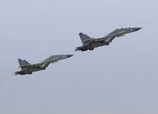




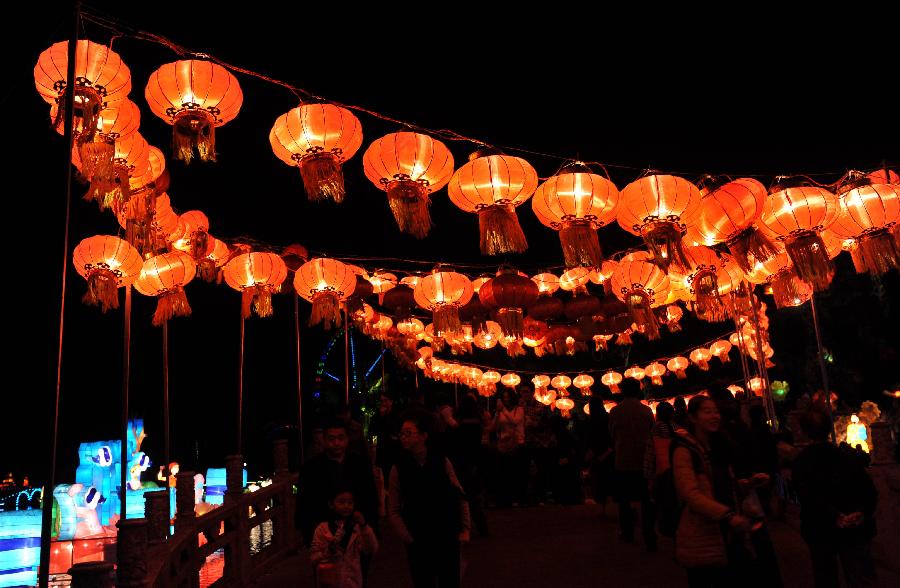

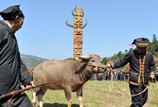
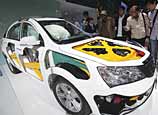
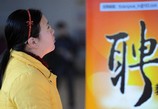






 Provocative propaganda on environmental protection leaded by Chen Guangbiao
Provocative propaganda on environmental protection leaded by Chen Guangbiao


![]()
